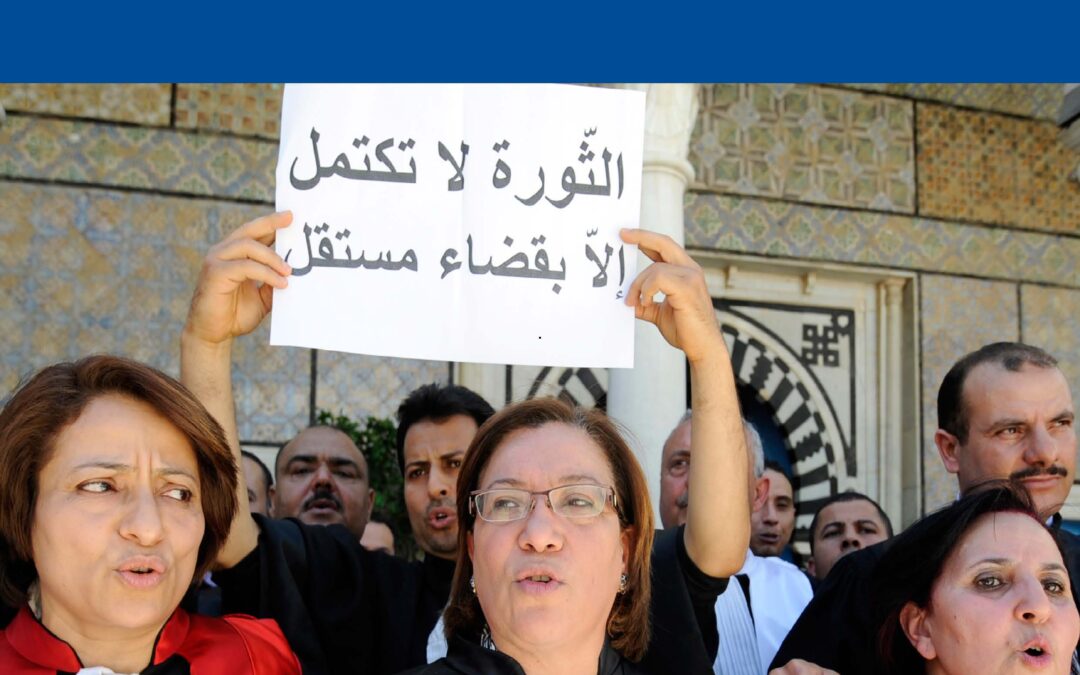
May 13, 2014
The ICJ today called on the Tunisian authorities to build on the advances made in the January 2014 Constitution by introducing legal and policy reforms to ensure the Tunisian judiciary is fully independent and accountable and is able to uphold human rights and the rule of law.
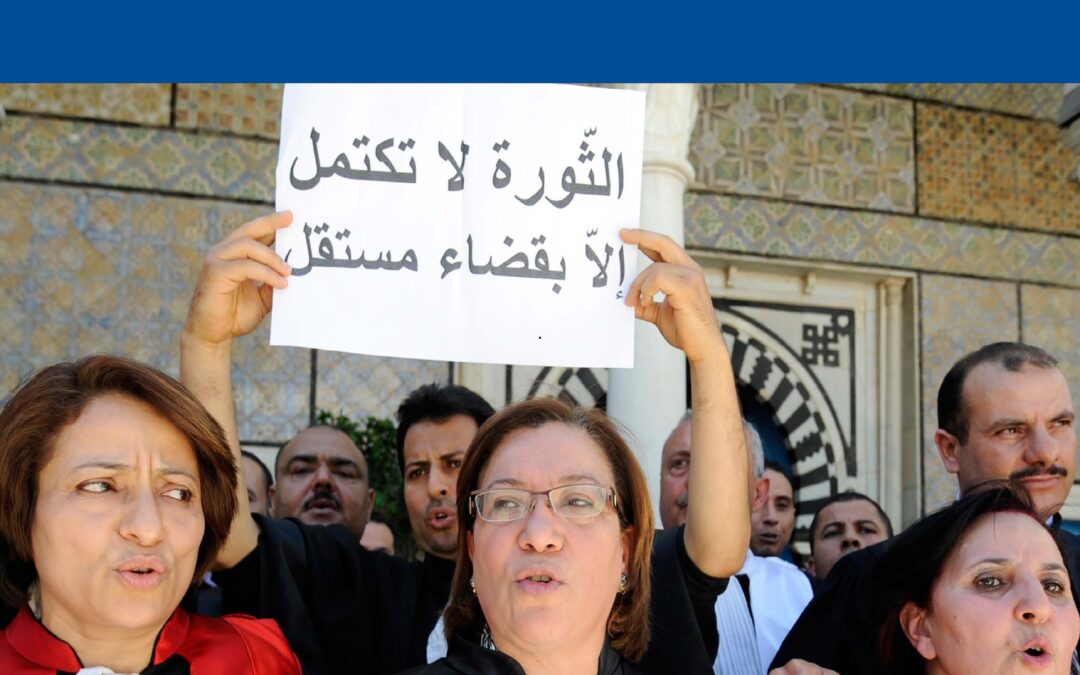
May 13, 2014 | Articles, Nouvelles, Publications, Rapports
Ce rapport de la CIJ sur l’indépendance du pouvoir judiciaire en Tunisie examine la nouvelle Constitution et les autres lois, institutions et politiques qui ont un impact sur l’indépendance de la justice à la lumière des normes internationales et régionales, y compris les traités dont la Tunisie est partie.
En particulier, la CIJ analyse le Conseil Supérieur de la Magistrature, le statut des magistrats, les mécanismes de responsabilité judiciaire, les tribunaux militaires et le parquet, et évalue la façon dont ils protègent ou pas l’indépendance du pouvoir judiciaire et le respect de l’Etat de droit et des droits de l’homme.
Tunisia-Strengthen Judicial Independence-Report Introduction-2014-FRE (Texte complet en PDF)
Contact:
Said Benarbia, Directeur de la section Moyen Orient et Afrique du Nord de la CIJ, tel: +41 22 979 38 1, e-mail: said.benarbia(a)icj.org
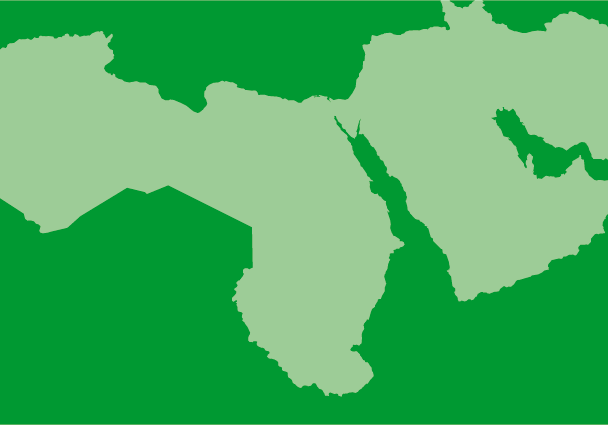
May 9, 2014
The ICJ, together with Palestinian and other international human rights organizations, today urged the Palestinian President, Mahmoud Abbas, to pursue the jurisdiction of the International Criminal Court (ICC).
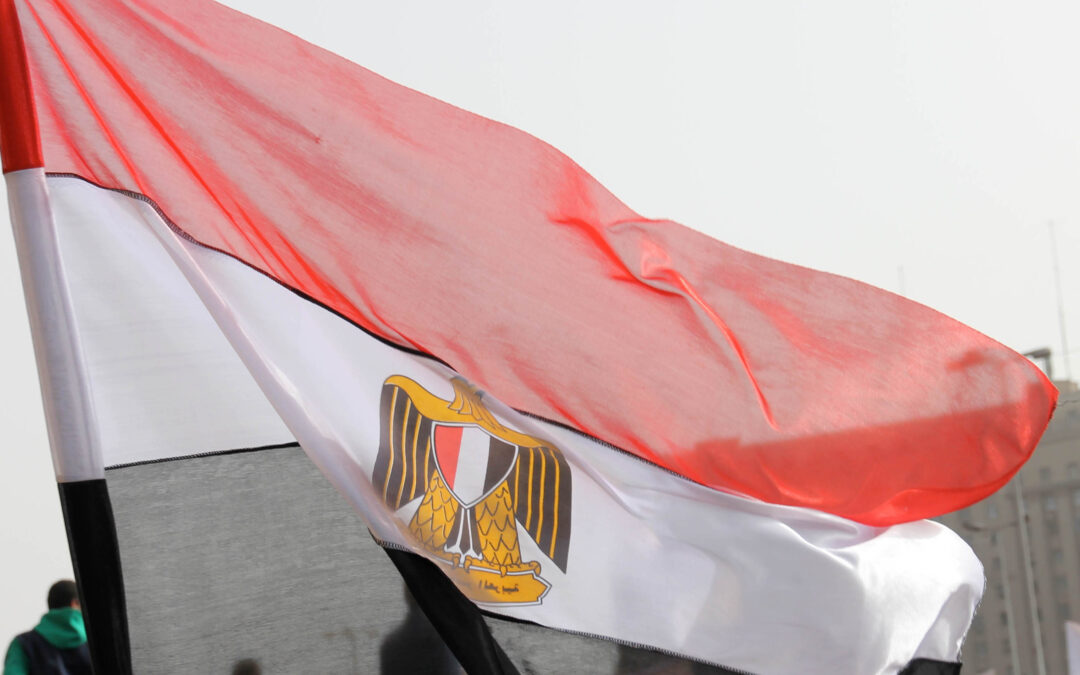
Apr 28, 2014 | News
The ICJ strongly condemns two rulings by the Minya Criminal Court issued today. In the first ruling, the court convicted and sentenced to death 683 individuals.
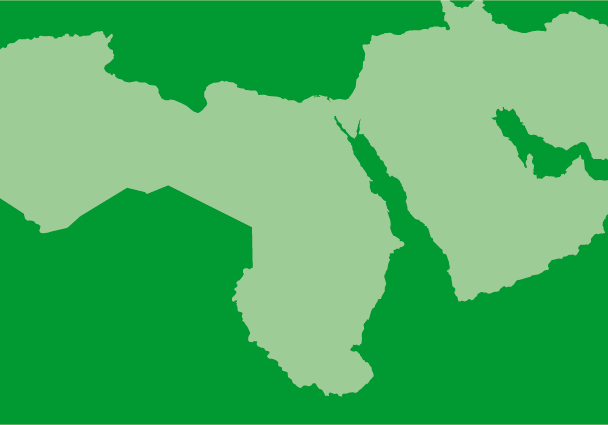
Apr 8, 2014 | News
The ICJ today welcomed steps taken by the Palestinian authorities to accede to core international human rights and humanitarian law conventions.









